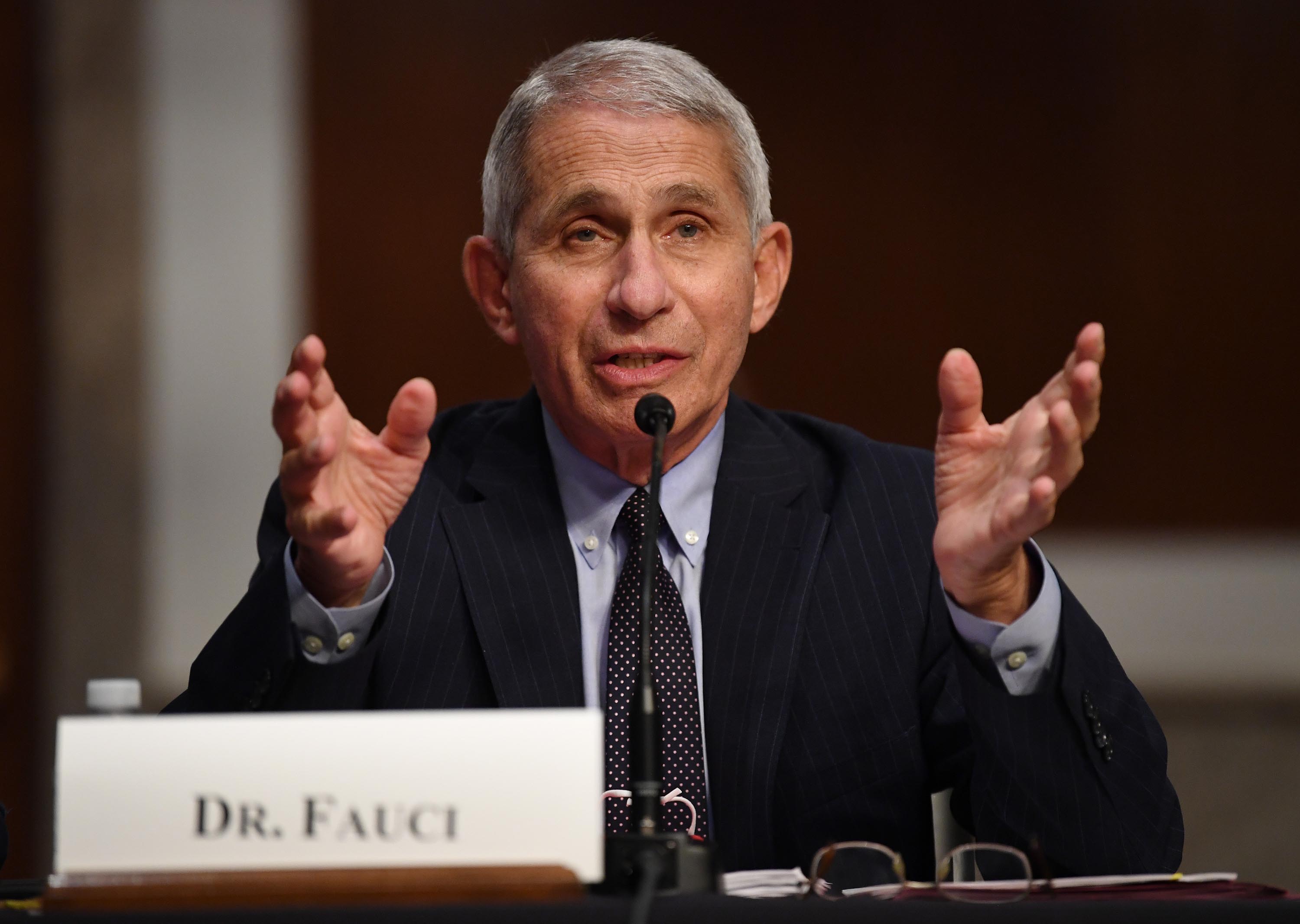The nation’s top infectious disease expert testifies that coronavirus cases could go up to 100,000 a day if the current trend doesn’t turn around

Dr. Anthony Fauci, director of the National Institute for Allergy and Infectious Diseases, said the newly identified swine flu, called G4, is “something we need to keep an eye out on.”
Speaking to the Senate HELP Committee hearing, Fauci said “the Chinese, over the last week or two have identified a virus — in the environment — it has not yet shown to be infecting humans, but it is exhibiting what we call reassortment capability.”
Fauci explained that when several different strains of a virus simultaneously infect the same host, such as a pig, they can exchange genetic information.
“When they all mix up together, and they contain some of the elements that might make them susceptible to being transmitted to humans, you always have the possibility that you might have another swine flu type outbreak as we had in 2009,” Fauci said.
Fauci said G4 is still in the examination stage — “It’s not so-called, an immediate threat.”
“But it’s something we need to keep our eye out on just the way we did in 2009 with the emergence of the swine flu,” he said.
The G4 virus, which is genetically descended from the H1N1 swine flu that caused the 2009 pandemic, was described in a study published in the Proceedings of the National Academy of Sciences on Monday.
Earlier today: The World Health Organization confirmed in an email to CNN on Tuesday that agency officials are carefully reading the new data that has emerged on the swine flu virus.
“Eurasian avian-like swine influenza virus are known to be circulating in the swine population in Asia and to be able to infect humans sporadically. Twice a year during the influenza vaccine composition meetings, all information on the viruses is reviewed and the need for new candidate vaccine viruses is discussed. We will carefully read the paper to understand what is new,” WHO spokesman Christian Lindmeier said in the email.
335 total views


